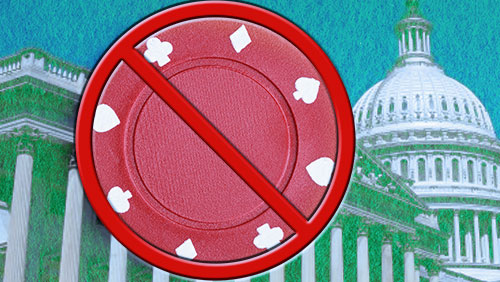A proposed measure that will prevent the manipulation of bankruptcy law and gaming licensing is finally getting steam in the New Jersey state Senate.
 Press of Atlantic City reported that the New Jersey’s Senate Budget and Appropriation Committee has approved a bill that would disqualify a casino license applicant for five years if that person “substantially” closes a casino in the state. The bill now goes to full Senate for a vote.
Press of Atlantic City reported that the New Jersey’s Senate Budget and Appropriation Committee has approved a bill that would disqualify a casino license applicant for five years if that person “substantially” closes a casino in the state. The bill now goes to full Senate for a vote.
Senate President Stephen Sweeney and Deputy Speaker John Burzichelli, both D-Salem, Gloucester, Cumberland sponsored the bill, which aims to amend existing law that gives gaming regulators the responsibility to require license holders to abide by certain standards.
In his earlier interviews, Sweeney pointed out that the bill was introduced to the Senate to calm the public over the possibility that the beleaguered Trump Taj Mahal Casino Resort will close and “warehouse” the license, or reopen the casino with reduced wages for workers.
The Taj Mahal, opened 26 years ago by now Republican presidential bet Donald Trump, will close on October 10 after casino investor Carl Icahn decided he can no longer support a casino losing millions of dollars each month amid a crippling strike.
Employees of Taj Mahal, including the more than 1,000 Local 54 members who have been on strike since July 1, were given on August 5 a state-mandated layoff notices that the property would close.
According to Sweeney, the bill will safeguard attempts to circumvent the present bankruptcy law and gaming licensing.
“This bill is good public policy because it creates a disincentive for casino owners who might want to avoid any sort of perceived temporary problem by closing a casino with a plan to reopen it at a later date,” said Ben Begleiter, research director for the union. “One could easily imagine any of a series of possibilities in which an owner might choose to temporarily close.”
The bill lets the Division of Gaming Enforcement determine what constitutes a “substantial closure” of a casino. It would be retroactive to Jan. 1, 2016, but would not apply to other casino licenses held by the owner.





